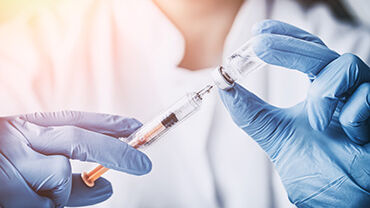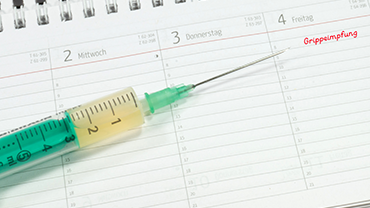Prevention and control measures for mumps
Immunisation is the only effective method of prevention. Mumps vaccine is given in the form of the combined trivalent measles-mumps-rubella (MMR) vaccine in all European countries with a first dose at or before 18 months of age. The timing of the second dose varies across countries.
Mathematical models indicate that 85–90% immunisation coverage is required to achieve herd immunity and the elimination of mumps transmission.
Vaccine efficacy and safety are dependent on the vaccine strain. The Urabe and Leningrad-Zagreb strains have been associated with an increased risk of aseptic meningitis.
The strains currently used in MMR vaccines by European manufacturers are Jeryl Lynn (Merck), Leningrad-3 and RIT4385 (GlaxoSmithKline). Pavivac, BBM18 (a successor of the Rubini strain) and Sophia-6 strains are used occasionally.
The proposed association between MMR vaccine and childhood autism has been discounted following extensive reviews of studies from different settings. View the vaccination schedules for countries in Europe ; for more recent updates, please refer to national vaccination websites.
The vaccine is contraindicated in those who are immunosuppressed and in pregnant women. It may be given to asymptomatic HIV infected patients.






